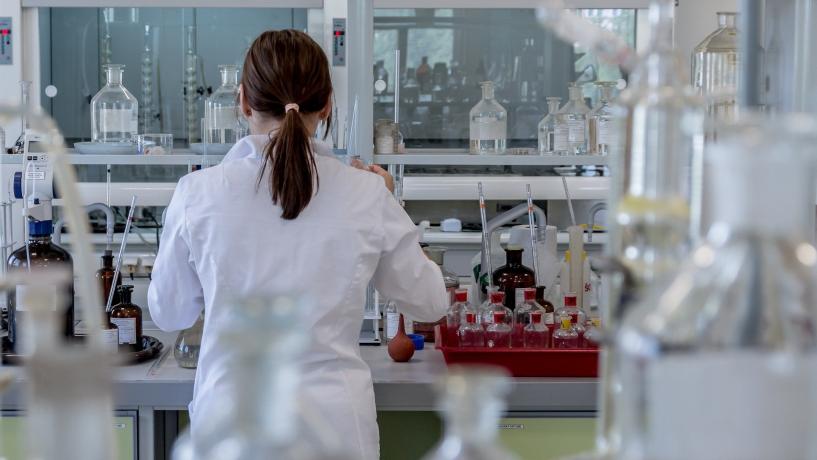
Researchers at Flinders University in Adelaide, South Australia, have discovered Toxoplasma gondii in more than one third of minced lamb purchased between April and September 2017 as part of a study. Seventy nine samples of 500g lamb mince packages were purchased three times weekly for six months from a supermarket in South Australia.
Although the research was conducted on minced lamb from South Australia, researchers indicate that their findings are 'likely to be generalisable, because Australian supermarket retailers purchase their lamb across a range of farms throughout the country.'
Food businesses across all states and territories in Australia need to be aware of the risks associated with Toxoplasma gondii.
What is Toxoplasma?
Toxoplasma gondii is a parasite which infects animals such as cats, birds as well as livestock such as pigs, cattle and lamb. Animals become a host to the parasite by ingesting the parasitic cysts that can be found in water, soil or on unwashed vegetables.
According to the study, which was published in the Australian New Zealand Journal of Public Health, one of the main ways humans can contract Toxoplasma gondii is from eating raw or undercooked meat that contains the cysts from the parasite.
What are the symptoms of a Toxoplasma infection?
An infection by Toxoplasma gondii is known as toxoplasmosis. It is estimated that up to one third of the human population is a carrier of this parasite. For many people there will be no visible symptoms.
For people that do develop symptoms, the symptoms vary depending on if the infection is mild or severe. Mild symptoms are flu-like and can include swollen lymph nodes and muscle aches. Severe symptoms include:
- inflammation of the retina
- reduced or blurred vision
- eye pain from bright lights
- eye redness
These severe symptoms indicate that a more serious infection is present, which can lead to brain damage, eye damage or harm to other organs.
WHO IS AT RISK FOR INFECTION?
Anyone can get an infection from Toxoplasma gondii, but people who are part of high-risk groups could get a more severe infection.
People who are considered high-risk include:
- babies and young children
- pregnant women
- elderly people
- sick or immunocompromised people
Prevent toxoplasmosis with safe food preparation
Researchers state that Toxoplasma cysts are destroyed by either cooking meat to the proper internal temperature or by freezing meat. It is vital that food businesses and their Food Handlers follow proper rules for preparing, cooking and storing meat to prevent the spread of Toxoplasma gondii.
Safe food handling, along with proper cleaning and sanitising methods can also reduce the risk of cross-contamination from infected meat to other foods or surfaces within food businesses.
By following safe food preparation rules and cleaning methods, food businesses can do their part to protect the health and safety of Australians.
To learn more about food safety in Australia, contact the Australian Institute of Food Safety.





